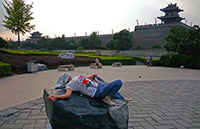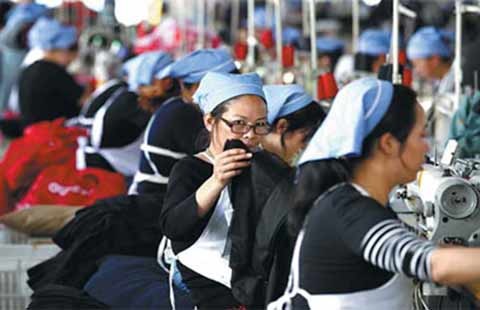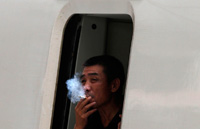Investment, innovations urged for China's medical reform
(Xinhua) Updated: 2013-01-07 04:19BEIJING - Increased financial support and innovative ways of working are needed to ensure that patients, doctors and hospitals all benefit from the country's medical reform, according to Chinese Vice Premier Li Keqiang.
Li, who is also head of the State Council's leading group for medical and health care reform, made the comments Saturday at a reform-themed meeting.
The Chinese government initiated medical and healthcare systems reform in the 1980s. In March 2009, a new round of reform was launched aimed at equal access to basic public health services in different regions.
Li described reform as a campaign to reshuffle the current benefit distributions with the ultimate goal to allocate more concrete help for people.
"Our medical reform directly targets the urban-rural gap and the regional gap. It has won strong support from the public because it started with strengthening services at grassroots levels and favoring central and west regions as well as rural areas," Li said.
Rural doctors and principals of several pilot public hospitals also attended the meeting to provide their own opinions concerning various reform policies.
While urging increased financial investment, Li called for innovations in the operation, management, personnel, distribution and other aspects of the healthcare field in order to benefit people, stimulate the passion of medical workers and ensure the active running of health institutions.
During the meeting, attendees heard and discussed a document on improving the basic medicine system, a guideline on establishing an emergency illness aid system as well as a report on the reform of public hospitals.
The country's medical reform is shifting its focus from laying foundations to boosting the quality of services during the 2011-2015 period, Li said.
He called for special focus on improving insurance for serious diseases and a medical emergency aid system.
- Diplomats vow progress on code of conduct
- Volunteers help fellow expats stay within law
- Heart disease rising; lifestyle shift blamed
- NDRC issues 3-year plan for growth in Northeast
- China denounces Japanese cabinet members' visit to Yasukuni Shrine
- China launches first-ever quantum communication satellite
- Shanghai's two airports add security
- China climbs to top 25 innovative economies
- Sutras, serenity and senior citizens
- Activists seek total ivory ban in China










